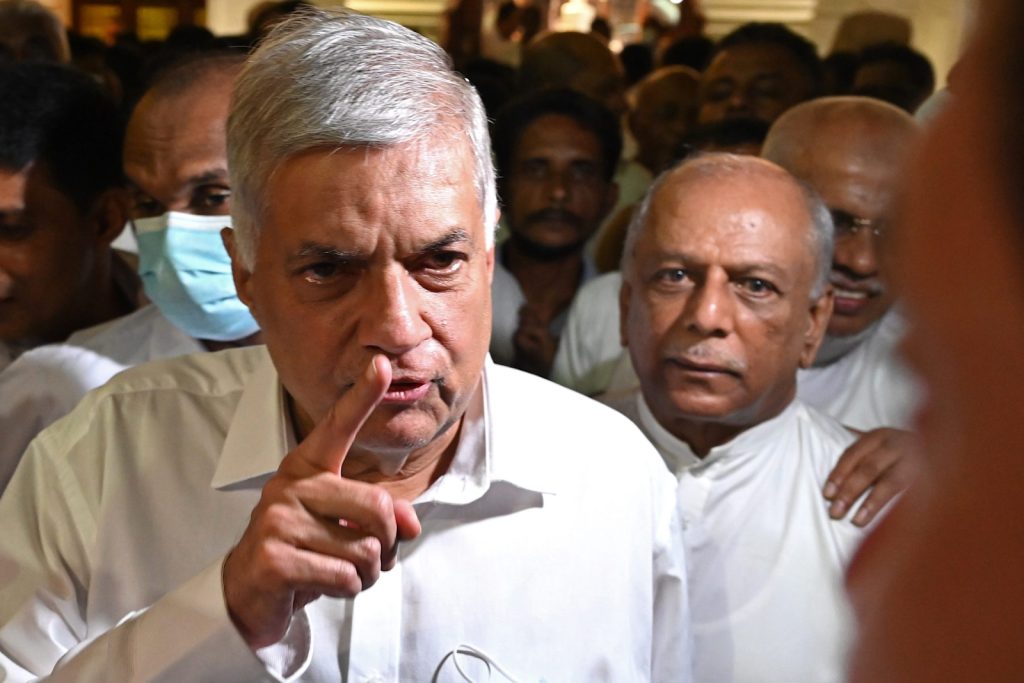Cardinal Malcolm Ranjith of Colombo vowed to continue the fight for victims of the 2019 Easter Sunday bombings that claimed more than 200 lives.
“This struggle will continue. We will not give up,” said the cardinal in an address at St. Anthony’s Church in Colombo on Sunday, August 14.
He urged the country’s new president to look into allegations of political conspiracy behind the attacks, saying that the president is “duty bound to analyze” a parliamentary committee report released earlier.
“I request the president to please be honest about what the select committee you appointed said,” he said, adding that “those who allowed the attackers freedom to act were also responsible for this attack.”
Cardinal Ranjith said a senior police officer who was about to arrest the alleged suicide bomber, Saharan Hashim, was falsely accused of conspiracy to kill influential people and was arrested, allowing the suicide bomber to proceed with his plans.
The cardinal said Sri Lanka will not achieve true freedom until political leaders themselves, obey the law.
He also blamed generations of politicians for influencing the law, to obtain personal benefits and destroying the country in the process.
Meanwhile, families of victims and survivors of the Easter Sunday attacks thanked Pope Francis for a grant of €100,000. Families who lost a member are given about US$279.
Those critically injured are provided US$200 while affected families are also provided with US$70 to help with medical, travel, educational, livelihood, and legal assistance.


On Tuesday, Sri Lanka announced it will not extend a state of emergency imposed to control anti-government protests as the situation in the impoverished nation has “stabilized.”
President Ranil Wickremesinghe invoked the tough laws four days after his predecessor fled the country and resigned on July 14 after months of protests over acute shortages of food, fuel and medicines.
The emergency imposed by Wickremesinghe is due to lapse on Thursday and he has the power to renew it every month thereafter.
“The situation in the country has stabilized, there is no need to reimpose the state of emergency when it lapses this week,” Wickremesinghe’s office quoted him as saying.
The emergency regulations allow troops and police to arrest and detain suspects for long periods.
The state of emergency has been widely criticized by rights groups as a draconian step that allows the president to make regulations and limit citizens’ freedoms without judicial review.
Wickremesinghe’s predecessor Gotabaya Rajapaksa was forced to flee the country and resign when tens of thousands of protesters overran his official residence.
The nation’s 22 million people have been enduring severe shortages of essentials since late last year, after the country ran out of foreign exchange to finance even the most vital imports.
The country defaulted on its US$51 billion foreign debt in mid-April and is in talks with the International Monetary Fund for a possible bailout.
Sri Lanka is currently facing hyperinflation, with the overall rate at 60.8 percent while food inflation was at a much higher 90.9 percent last month, according to official data.


